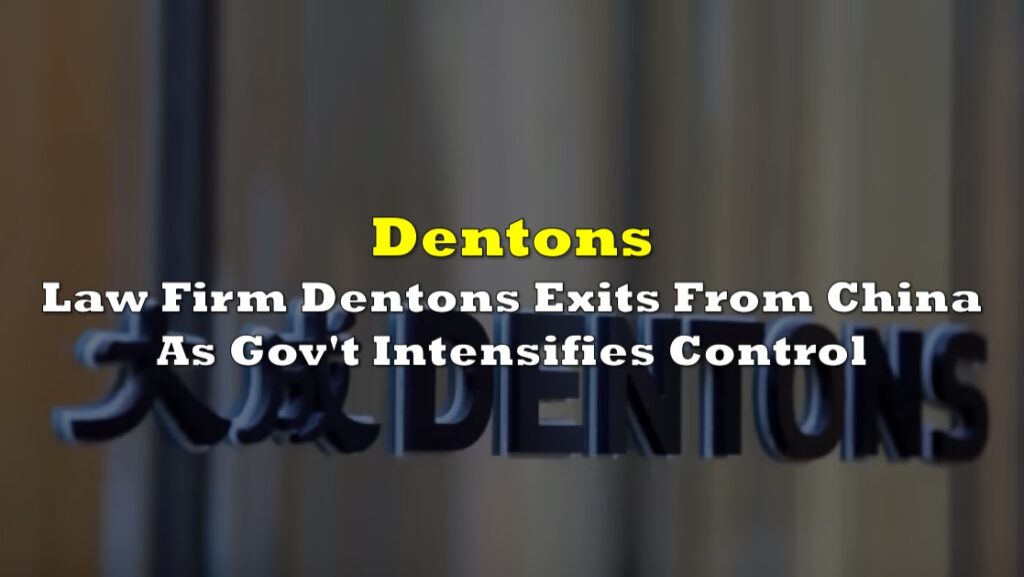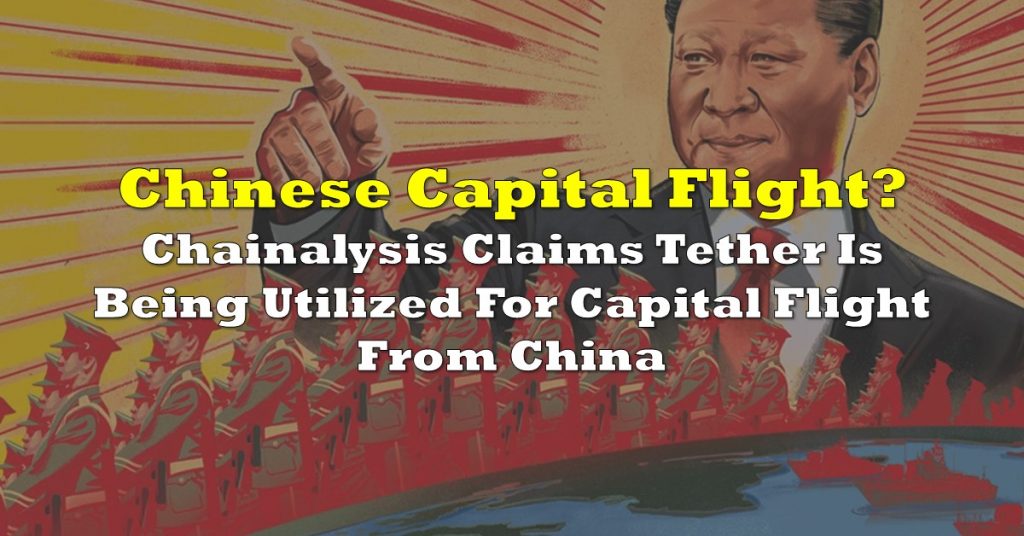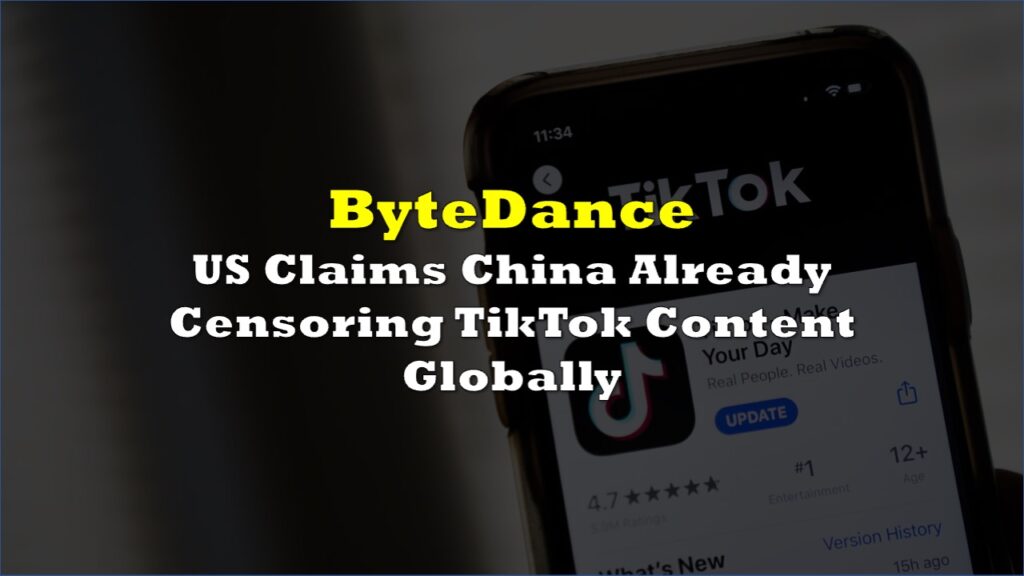Hao Hong, who’s one of China’s most prominent and outspoken market strategists, recently shared data showing the sharp income disparity and an acute property bubble in the country as it promotes its “common prosperity” agenda.
1/🧵China income data reveal new reality of “Common Prosperity”:
— Hao HONG 洪灝, CFA (@HAOHONG_CFA) June 19, 2022
– Of 1,400m people, 964m <¥2k/month ($300), 547m < ¥1k ($150), only 70m people pay tax at min taxable income ¥5k/month ($770);
– ¥18k p.a. (56th %) x 2.62 pp/Household = ¥47k/HH = $7,255/HH (4th % US HH income). pic.twitter.com/GXTGtLL2Kd
The data shows some stark realities for Xi Jinping’s China. Only 70 million of the 1.4 billion population earn enough to make a minimum taxable income of 5,000 Yuan per month or roughly US$300. Hong added that by World Bank standards, about 15% of the country is living in poverty compared to 11.4% in the United States. But, if based on US standards, only China’s upper 10% isn’t living in poverty.
It also reveals that owning a home is much more difficult in the Asian nation — when it would typically take five to four years to buy a home in the US, it would take two out of three people in China 25 to 30 years to buy theirs.
In the middle of last year, Xi began promoting “common prosperity.” The agenda, which was called by Nikkei Asia’s Lauren Johnston as being more Confucian than it is socialist, was initially criticized in the West as it was deemed as taking from rich to give to the poor.
In a speech in August, Xi declared that “by the middle of this century, common prosperity for the entire population will be basically achieved, and the gap between income and consumption levels of residents will have been narrowed to a reasonable range.”
As Johnston puts it, common prosperity does not mean inhibiting wealth creation or grabbing wealth already acquired by others, like Alibaba’s Jack Ma. The common prosperity agenda likely pertains to the long-term high-quality development required to, now that some have gotten their wealth, ensure that the rest of the population begin to get theirs, too.
The new data, as Hong puts it, indicates that it’s not yet time to celebrate.
Hong made headlines in May for leaving Bocom International, a Hong Kong-listed securities subsidiary of Bank of Communications Co., one of China’s biggest state-owned banks, a few days after his social media accounts within China were censored.
He previously posted about issues that were considered sensitive at the time, including the US delistings of Chinese firms, as well as the gloomy economic impact of the COVID-19 lockdowns.
Information for this briefing was found via Twitter, Nikkei Asia, Wall Street Journal and the sources mentioned. The author has no securities or affiliations related to this organization. Not a recommendation to buy or sell. Always do additional research and consult a professional before purchasing a security. The author holds no licenses.









